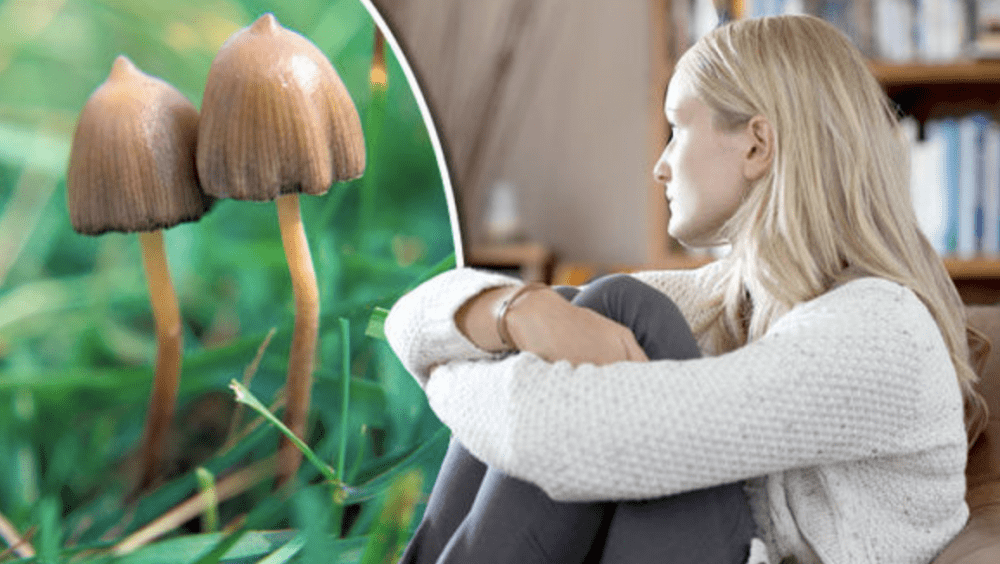The world of mental health therapy is in constant evolution, and in recent years, a surprising candidate has emerged as a potential ally in treating various disorders: the magic mushroom. Containing the psychoactive compound psilocybin, magic mushrooms have been at the forefront of numerous clinical trials and studies pointing toward their therapeutic potential. Let’s delve into the science and stories behind psilocybin-assisted therapy.
Click Here For Amazing Shrooms
Psilocybin’s Interaction with the Brain:
At its core, psilocybin is a psychedelic compound that, when ingested, gets converted into psilocin, affecting the brain’s serotonin receptors. This interaction can result in altered perceptions, mood changes, and a sense of heightened introspection. Under controlled settings, these effects can be channelled therapeutically to confront and potentially heal deep-rooted psychological issues.
Clinical Trials and Promising Results:
Several renowned institutions have embarked on clinical trials studying the effects of psilocybin on conditions like depression, anxiety, PTSD, and addiction. The results, while preliminary, are promising. Many participants report significant reductions in symptoms and an improved outlook on life, sometimes after a single session. These outcomes have fueled the drive for more in-depth research and potential mainstream therapeutic adoption.
Challenges and Considerations:
While the potential benefits of psilocybin therapy are compelling, there are challenges to consider. Dosage, setting, and professional guidance are crucial elements to ensure a safe and productive session. Additionally, psilocybin isn’t for everyone; certain pre-existing conditions might clash with its effects. There’s also the current legal status of magic mushrooms in many countries, creating barriers to broad therapeutic use.
Conclusion:
The journey of psilocybin from a fringe psychedelic to a potential mainstay in mental health therapy is nothing short of remarkable. As research continues to shed light on its capabilities and societal perceptions evolve, magic mushrooms might soon find themselves in the therapeutic toolkit of many professionals, offering hope to countless individuals.
